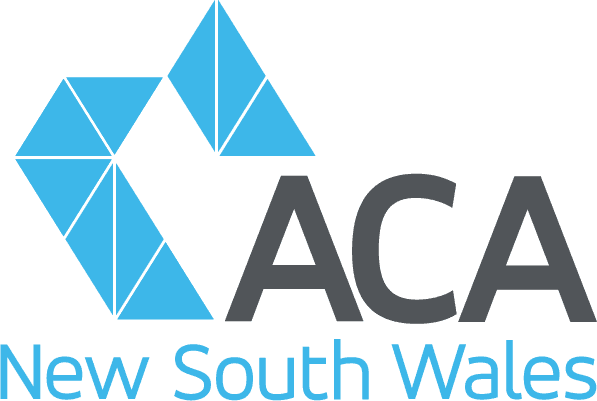Australia boasts a thriving Early Learning and Childcare (ELC) industry, providing essential services for families and nurturing the development of young children. For international professionals aspiring to join this rewarding field, navigating the requirements and qualifications can seem daunting. In this comprehensive guide, we break down the essential steps and qualifications needed for internationals looking to work in the ELC sector in Australia.
Understanding the Australian ELC Industry:
Before delving into the specifics, it’s crucial to understand the landscape of Australia’s ELC industry. The sector is regulated by the Australian Children’s Education and Care Quality Authority (ACECQA), which ensures high standards of education and care for children. ELC services include long day care, family day care, preschool/kindergarten, and outside school hours care.
Visa Requirements:
International professionals intending to work in the Australian ELC industry must obtain the appropriate visa. The most common visa for skilled workers is the Subclass 482 Temporary Skill Shortage (TSS) visa. This visa allows skilled workers to live and work in Australia for up to four years, provided they are sponsored by an approved employer. For more information on the various visas available to you, check out our page here. If you need migration advice, you can find a migration specialist here.
Qualifications:
To work in the Australian ELC sector, international professionals must hold relevant qualifications recognised by ACECQA. The primary qualification required is the Diploma of Early Childhood Education and Care (or equivalent), which enables individuals to work as a lead educator or room leader in a childcare setting. Check out the requirements needed to work in the industry here.
Authorities:
Australian Children’s Education and Care Quality Authority (ACECQA):
- ACECQA is the regulatory body responsible for setting qualification standards and overseeing the quality of ELC services in Australia. Their website provides detailed information on qualification requirements and recognition of overseas qualifications.
Department of Home Affairs:
- The Department of Home Affairs website outlines visa options for skilled workers intending to work in Australia, including the Subclass 482 TSS visa. It provides information on eligibility criteria and application processes.
Skills Assessment Authorities:
- International professionals may need to undergo a skills assessment through relevant authorities to have their qualifications assessed for suitability in Australia. This process ensures that overseas qualifications meet Australian standards.
Steps to Working in the Australian ELC Industry:
- Research and choose a Visa pathway: Determine the most suitable visa pathway based on your qualifications, work experience, and employer sponsorship opportunities.
- Complete a skills assessment (if required): Some visas, such as the Subclass 482 TSS visa, may require a skills assessment to verify the equivalence of overseas qualifications. This step ensures that your qualifications meet Australian standards.
- Obtain recognised qualifications: Enroll in a reputable education institution offering the Diploma of Early Childhood Education and Care (or equivalent) recognised by ACECQA. International students may need to apply for a student visa (Subclass 500) to study in Australia.
- Gain practical experience (if applicable): Some employers may require practical experience in addition to qualifications. Seek opportunities for work placement or volunteer work in childcare settings to enhance your skills and experience.
- Apply for jobs and secure employment: Once you have obtained the necessary qualifications and visa, start applying for jobs in the Australian ELC industry. Utilise online job portals such as WorkinEarlyLearning and networking opportunities to find suitable employment.
- Apply for relevant clearances: Before commencing work in the ELC sector, you will need to obtain relevant clearances, such as a Working with Children Check and a National Police Check. These checks ensure the safety and wellbeing of children in your care.
Working in the Australian Early Learning and Childcare industry as an international professional offers rewarding opportunities to make a positive impact on children’s lives. By understanding the visa requirements, obtaining recognised qualifications, and following the necessary steps, you can embark on a fulfilling career in this dynamic sector. Remember to refer to reputable sources such as ACECQA and the Department of Home Affairs for accurate and up-to-date information throughout your journey.




